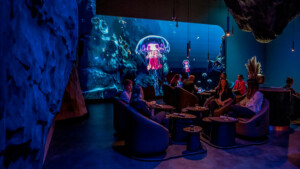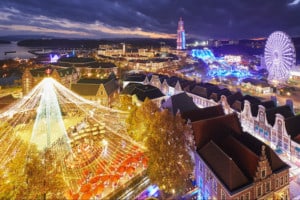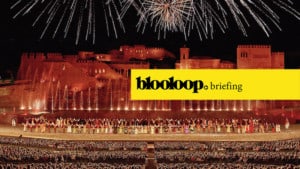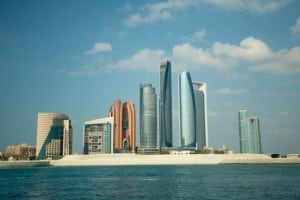 Related: Europa-Park and 35 years of success: how do they do it??? / 10 years to Orlando or not to Orlando – is that a question? / IP & Theme Parks: here to stay?
Related: Europa-Park and 35 years of success: how do they do it??? / 10 years to Orlando or not to Orlando – is that a question? / IP & Theme Parks: here to stay?
Many questions were asked about the potential for success for this strategy, and most of these questions were justified. And now that we see more and more of those amusement parks that were originally sold to one corporation being moved on to other owners, some people were wondering if there is space (again) for family owned businesses.
The recent sale of Fort Fun Abenteuerland in Germany to the One World Group, in other words from Compagnie des Alpes to the Ziegler family, might therefore very well be the start of a new trend in the takeover business in our industry. No other recent examples immediately jump to my mind (please feel free to refresh my memory in case you know of any), but I would not be surprised if it was not the last transaction of this kind.
Of course a lot of people in the amusement park industry will now be very curious how the new owners will handle their new ‘baby’, and if they are able to reverse the trend that has in fact been going on for the whole time Compagnie des Alpes has owned Fort Fun. Some would say that as long as they do anything, it can only be for the best, but I believe that this is too much of a pessimistic view. Even though the parent company has perhaps not done all that would be necessary to keep the visitor levels similar as when they took over the property, the local management team have made great efforts in doing the best they could within the given budget constraints. This has, among others, led to the park winning a Brass Ring Award (awarded by IAAPA, the international Association of Amusment parks and Attractions) for the show that was introduced in 2011, "Tala Takenya & die Legende des Heiligen Waldes". However, despite these efforts, it cannot be denied that the park definitely needs to reverse the downward trend in visitor numbers in order to survive.
I’d like to think that it is probably only in cases like this that the conditions for a potential success in these kind of transactions are there to give the new owners a chance for success. In other words, the situation of a certain amusement park needs to be quite bad so that a) the corporate owners (their shareholders) are better off selling the property than to hang on to it and b) the price for the property is such that it enables the new owners to create a successful enterprise, i.e. by having some financial breath left to invest in improving the park, after the purchase has been completed.
I wish the Ziegler family all the success with Fort Fun and I hope to see the park in a better shape real soon.









